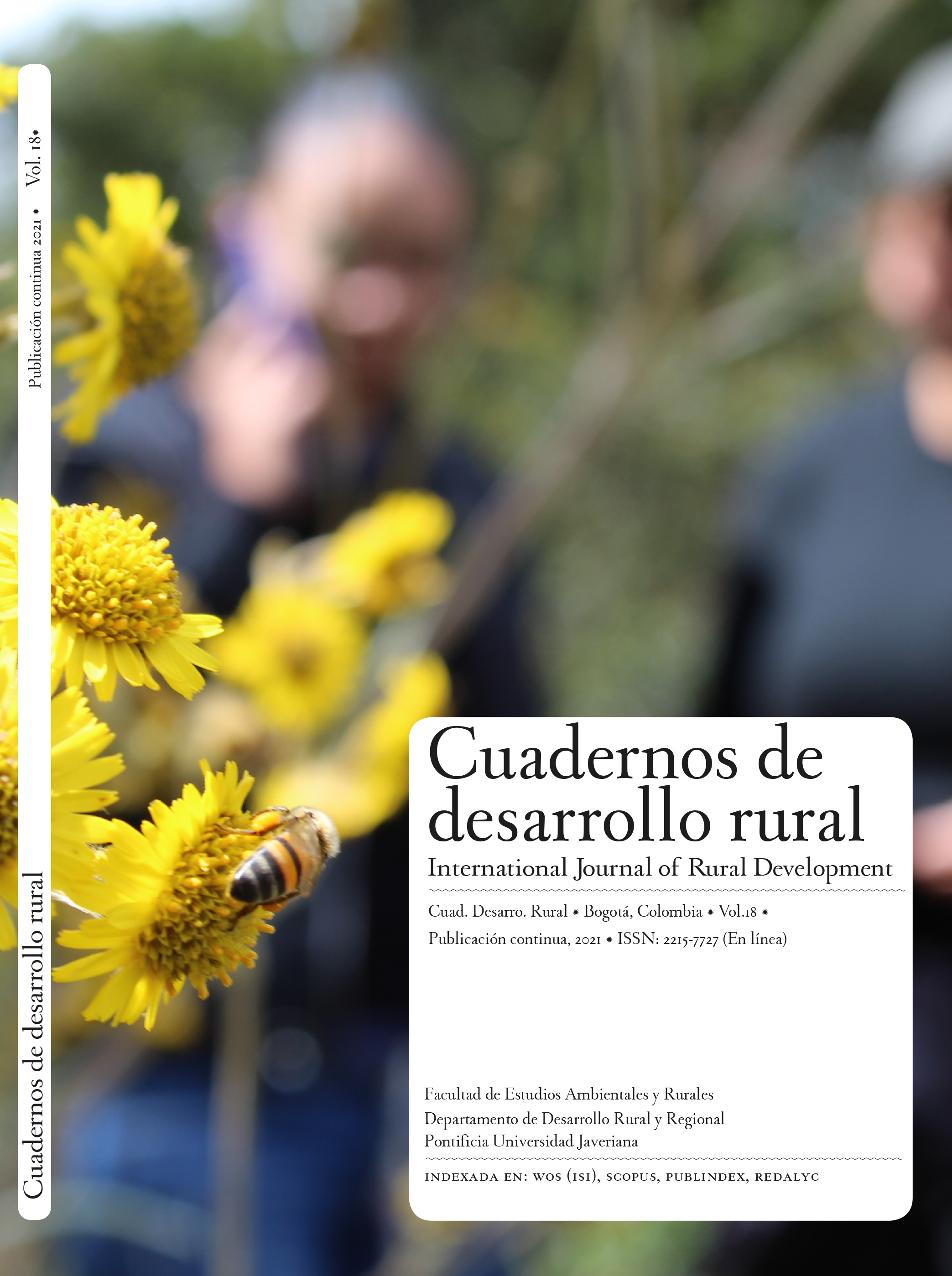Abstract
Extreme climate events are becoming more frequent and severe due to climate change. Vulnerability to extremes is the result of three components: exposure to hazards, sensitivity of the system, and capacity to adapt. A large-scale qualitative study of rural vulnerability to climate extremes in Argentina, Canada, and Colombia demonstrates the political-economic root causes of vulnerability in each context. Structural causes are difficult to identify using quantitative indices and deductive metrics alone, but qualitative approaches can help identify key drivers of vulnerability at a deeper level. Technology and diversification are insufficient to address such structural or “deep” vulnerability.

This work is licensed under a Creative Commons Attribution 4.0 International License.
Copyright (c) 2021 Amber Fletcher


